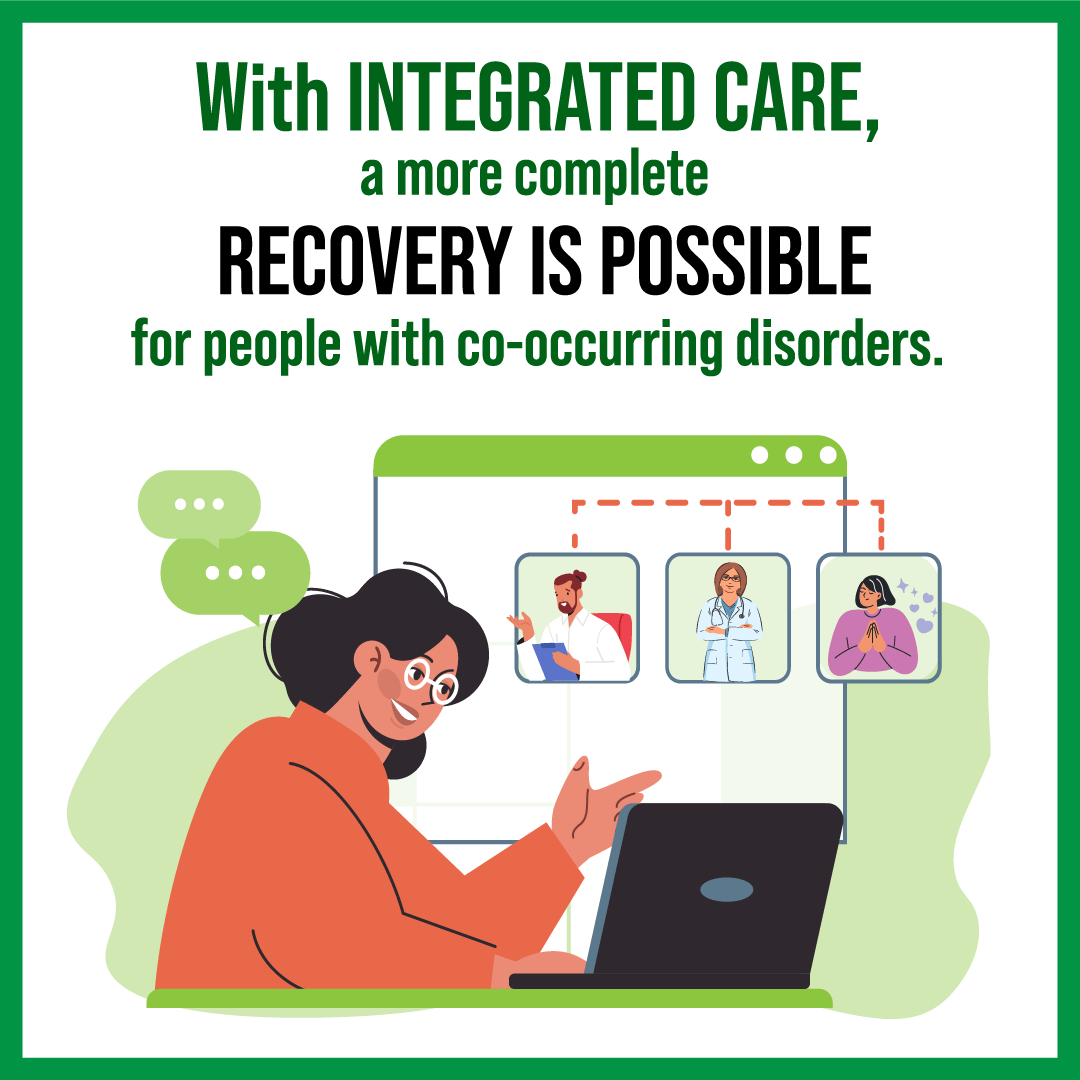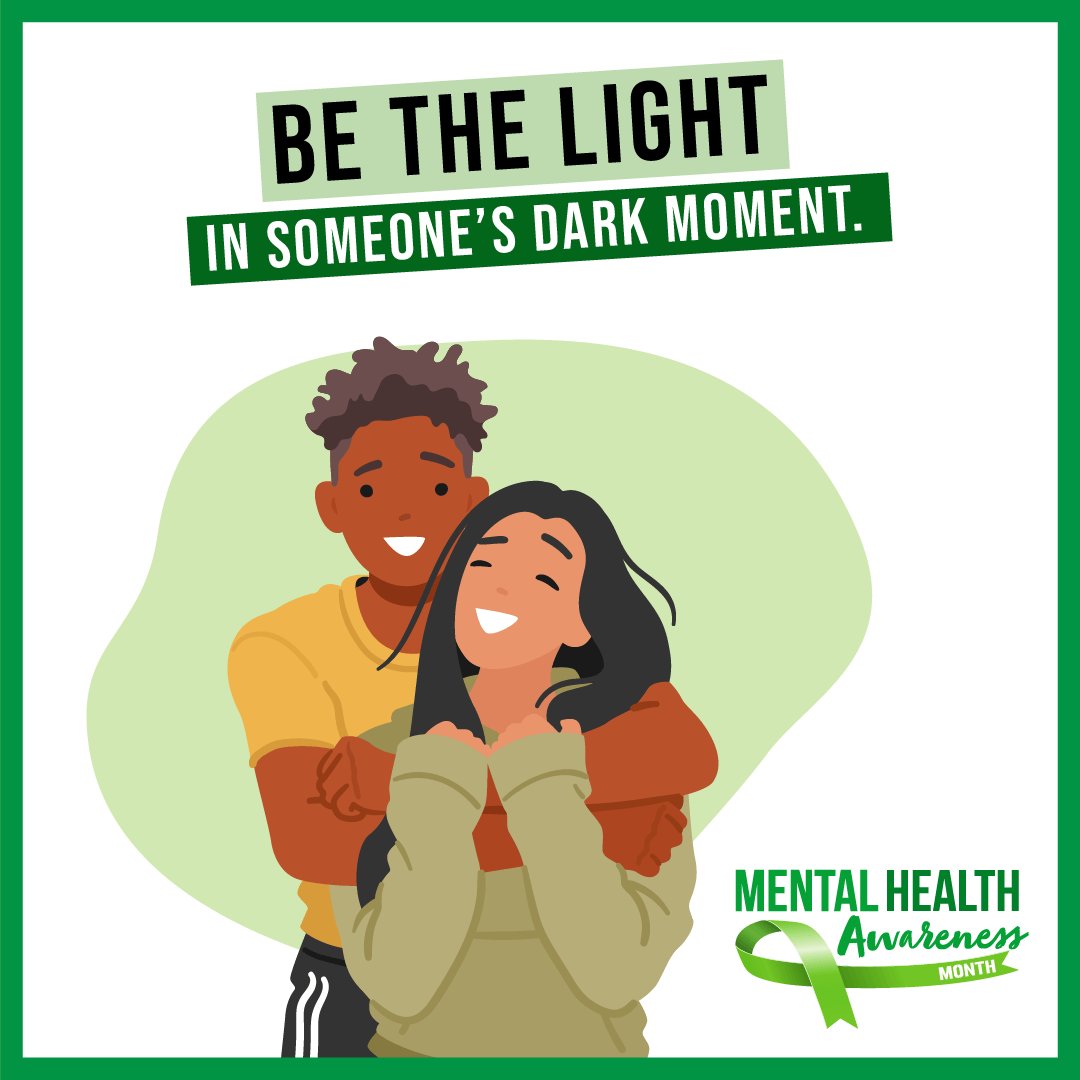Understanding the Link Between Mental and Physical Health
As Mental Health Awareness Month continues, Week 4 turns our attention to a critical—but often overlooked—truth: mental and physical health are deeply interconnected. Rather than existing as separate systems, the mind and body form a unified whole. Caring for one directly impacts the other.
How Mental and Physical Health Interact
Research confirms the bi-directional relationship between mental and physical health. People living with mental health conditions such as depression or anxiety are at greater risk for chronic physical illnesses—including cardiovascular disease, diabetes, obesity, and even some autoimmune disorders (World Health Organization, 2022).
Conversely, those living with chronic physical conditions often experience heightened rates of mental health challenges. Pain, fatigue, and lifestyle disruptions can lead to feelings of hopelessness, isolation, and stress. In fact, studies show that up to 33% of people with serious medical conditions experience depression (National Institute of Mental Health, 2023).
The Role of Lifestyle in Whole-Person Wellness
Taking care of our physical bodies significantly boosts our mental well-being. Evidence-based strategies include:
Physical Activity: Regular movement (even walking!) improves mood, sleep, and cognitive function. It’s a proven intervention for depression and anxiety.
Balanced Nutrition: Diets rich in whole foods—like fruits, vegetables, lean proteins, and omega-3 fatty acids—support brain health.
Quality Sleep: Chronic sleep deprivation has been linked to worsened mental health, including irritability, poor concentration, and mood disorders.
Stress Management: Mindfulness, breathing exercises, and relaxation techniques reduce the impact of stress on the body and mind.
Integrated Treatment: A Holistic Approach to Healing
When individuals experience both mental health and physical or substance use issues, integrated care is key. This approach combines physical, behavioral, and mental health services to address all facets of a person’s wellness.
Integrated care improves:
Treatment adherence
Patient satisfaction
Health outcomes
Overall quality of life
By coordinating care across disciplines—mental health professionals, primary care providers, and specialists—we can treat the whole person, not just isolated symptoms.
Breaking the Silos: Preventive Care Is Mental Health Care
It’s time to shift from reactive care to preventive, holistic approaches. Mental health screenings in primary care settings, regular wellness visits, and psychoeducation about the mind-body connection all help reduce stigma and catch concerns early.
“When we treat mental health as part of overall health, we empower individuals to live more balanced, fulfilling lives.”
Final Thoughts
Whether you're navigating a chronic condition, struggling with mental health, or simply seeking to live more intentionally—prioritizing both mental and physical well-being is essential. Small daily steps like moving your body, eating well, and connecting with others can spark long-term change.
Let’s work together to break down the barrier between mental and physical health—because one cannot truly thrive without the other.
If you’re seeking support, our practice offers whole-person counseling to help you live well—mentally, emotionally, and physically.
📞 Contact us today to learn more



